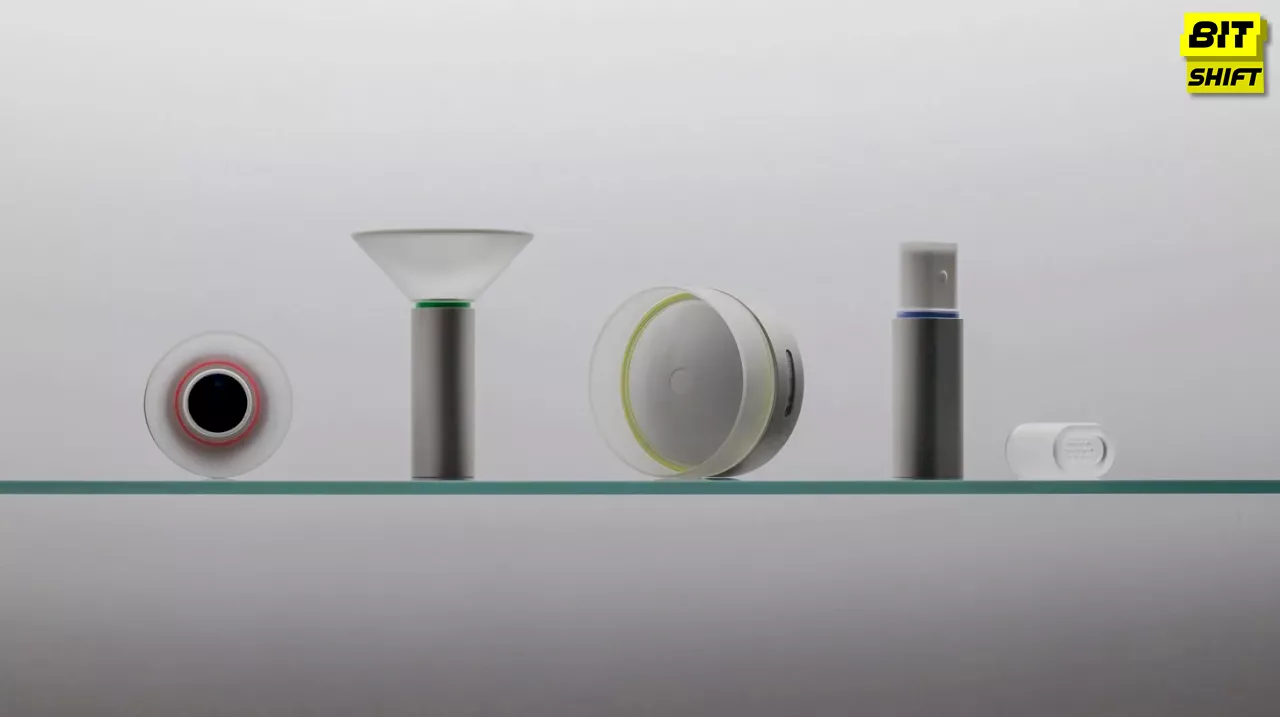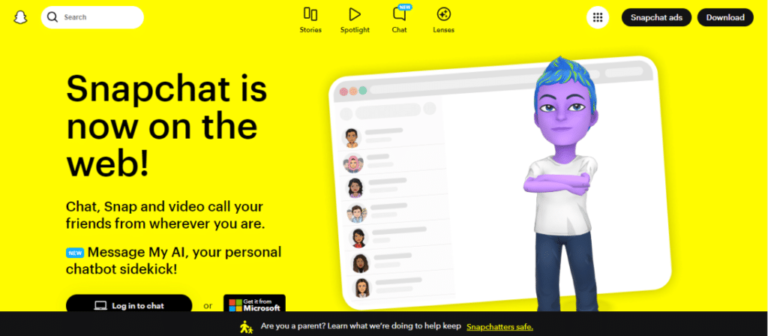
Summary
Map Project Office and Modem have developed an AI-powered Smart Aid Kit that has the potential to revolutionize healthcare delivery, especially in regions with limited access to medical facilities. The Smart Aid Kit empowers individuals to self-diagnose and manage their health conditions, thereby reducing the burden on healthcare providers. It offers a glimpse into the future of healthcare, where technology plays a critical role in improving people’s lives.
Design studios Map Project Office and Modem are making strides toward the future of healthcare with their concept of the Smart Aid Kit, an AI-driven diagnostics tool. This innovative device could allow patients to perform basic triage on themselves, offering a new perspective on universal healthcare.
“AI has the potential to transform healthcare accessibility, and this Smart Aid Kit serves as a stepping stone towards that future.”
Breaking Down the Smart Aid Kit
The Smart Aid Kit is backed by generative artificial intelligence (AI) and incorporates four different sensors modeled on a stethoscope, spirometer, ophthalmoscope, and skin scanner. These tools could enable individuals and communities without ready access to healthcare to conduct tests that a nurse or GP usually performs.
“Recent technological advancements, particularly in AI, present opportunities to address disparities in healthcare,” said Modem co-founder Bas van de Poel. “AI-powered devices can aid in diagnosing and managing health conditions, especially where access to healthcare professionals is limited.”
AI and Large Language Models
The Smart Aid Kit would use large language models (LLMs) – an AI capable of analyzing vast amounts of data and generating answers to users’ questions. This technology is already being trialed with Google’s AI-based Med-PaLM system in the United States to answer consumer health questions.
Envisioned Use and Design
The vision is to place the Smart Aid Kit in public spaces like an automated external defibrillator (AED). The kit, equipped with solar panels for charging, would contain the four sensors designed to evoke equipment currently used by medical practitioners, with simple forms dictated by their functions.
The stethoscope, spirometer, ophthalmoscope, and skin scanner are designed to be robust, approachable, and easy to use, enabling the kit to act as a virtual practitioner. The health data gathered by these sensor devices is relayed to a core unit containing the LLM, which can then diagnose conditions and provide instant feedback.
Transforming Healthcare Accessibility
Emilie Robinson, Map creative director, stated,
“Together, we wanted to showcase a series of simple objects that could perform well and are instinctive to use.”
The resulting designs are elevated, clean, and trusted, characteristics vital for tools used in assessing health conditions.
The first-aid box would integrate a text-based user interface powered by the LLM. Designed for non-professionals, the UI would provide simple instructions on how to use the various devices, along with friendly advice in the style of a GP consultation.
With this conceptual project, the creators hope to inspire specialized companies to transform this vision into reality. Robinson added:
“Design has the power to transform healthcare accessibility, and we hope to inspire companies who can impact here,”
As AI continues to evolve and influence various sectors, it’s clear that its impact on healthcare could be transformative, particularly with innovations like the Smart Aid Kit. By enabling self-diagnosis and managing health conditions, this technology could pave the way for a more accessible and universal approach to healthcare.
Share the Article by the Short Url:






